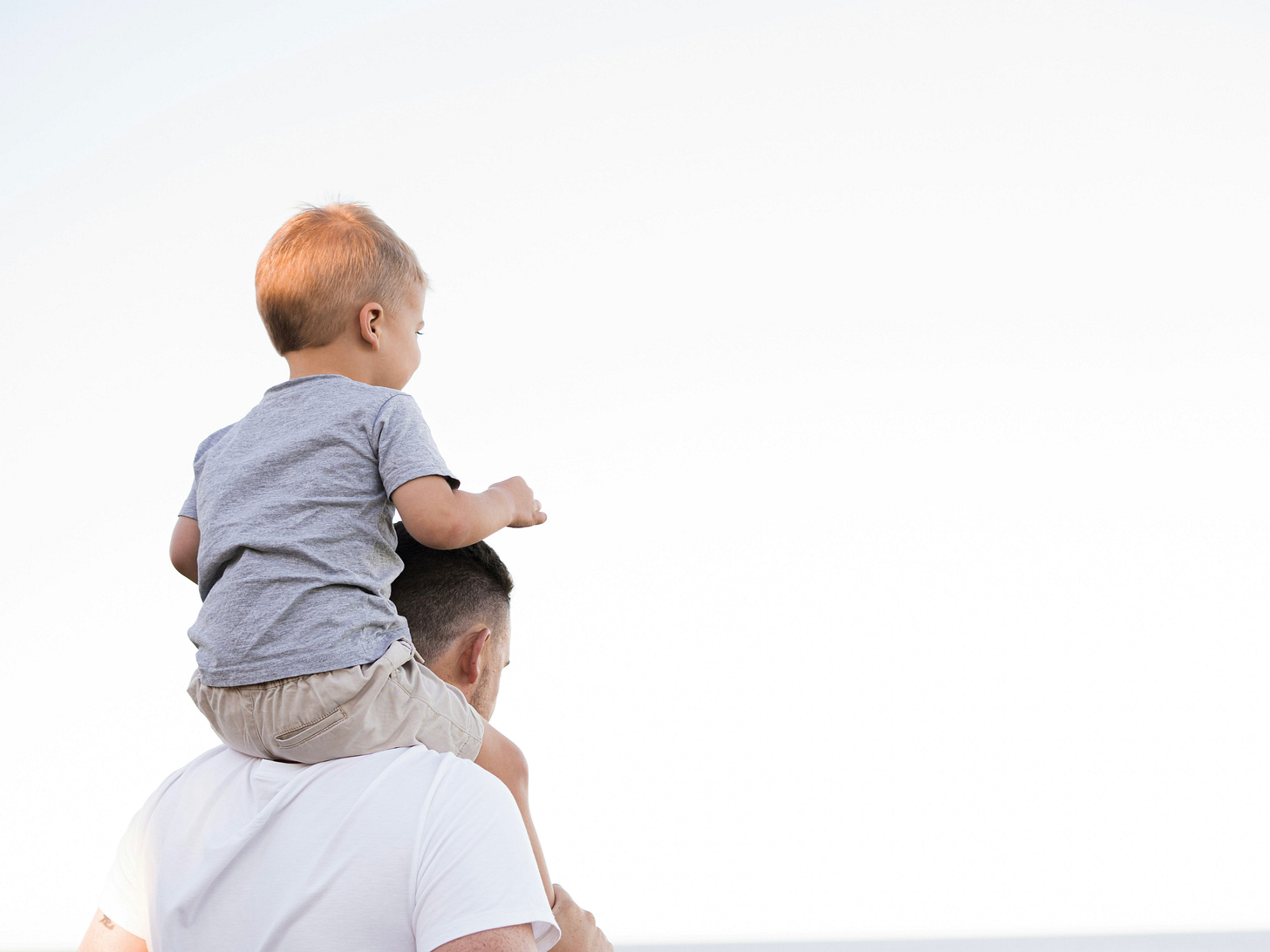Earlier this week, my son had a piano performance for a local music festival. Despite a large sign saying, “No electronic devices allowed,” the organizer told me that they now allow parents to film their child’s performance, as long as they sit in the designated “filming” seat.
I declined the offer—not because I didn’t want a record of my son’s many months of practice (I did), but because I wanted to be fully present for his moment of execution. To witness it through my phone camera would make me slightly less present. I might think subconsciously about the angle and lighting and trying to hold it steady while also paying attention to him.
So, instead, I sat in the church pew, phoneless, and focused every bit of my attention on his performance. I never took my eyes off him. I listened to the phrases he’d practiced over and over again at home, and noticed how grand they sounded in this large space, on a fancy piano. I listened to the songs as if they were new. I noted his body language, sensed his tension, and watched as he pushed through and overcame it. I saw him relax as he settled into the comfortable knowledge that he could do this, that he would succeed—and I saw the happy pride beam from his face as he stood up for a bow and looked right at me, no phone obstructing our eye contact.
I don’t tell this anecdote to criticize parents who choose to film their kids’ performances (my husband probably would have, had he been there), but because I’ve been thinking a lot lately about the idea of presence. And the more I think about it, the more bothered I am by the frequency with which people whip out their smartphones or look at their smartwatches in the middle of conversations and social gatherings, which has the unpleasant effect of shattering connection.
I realize that people do it for various reasons. Most obviously (and rudely) is the choice to check text messages or receive phone calls while talking to someone else. Another is to “enhance” a conversation by showing a video clip or a meme or a social media post that may demonstrate a point, but this never works as well as one might think. It breaks the flow of words and ideas, it always takes too long to find the item, and it often feels hard to pick up where we left off. This irritates me far more than it interests me. “Just tell me in your own words,” I sometimes say. The unspoken subtext is, “I don’t want to lose your attention.”
Attention as a Gift
In a phone-saturated culture, attention feels like a rich and luxurious gift. To feel the full glow of someone’s being attuned to your own, committed to hearing what you’re saying, listening, and then responding without distraction, leaves me feeling intensely satisfied. We humans are hardwired to crave this kind of connection. And while I took it for granted for decades, assuming that full attention was a basic prerequisite for one-on-one conversation, the presence of phones has made it feel like an ever-rarer experience.
I have developed a response in recent months, which is simply to stop talking if someone pulls out their phone. The other person usually looks up and says, “Go on. Sorry, I’m just checking something here. I’m still listening.” And I say gently, “It’s OK. I’ll wait till you’re done.” Inevitably, they finish immediately and sheepishly put their device away. We try to regain our momentum, but it’s hard. They sense my resentment and feel embarrassed, and I am saddened that I was pushed aside even briefly, that a decision was made to prioritize communicating with an invisible human through a tiny screen, rather than staying engaged with me for the few minutes we have together.
What About the Kids?
Then I think, “If I feel this way as a grown woman, how do my children feel?” I think about all the times I’ve looked at my phone in their presence, doing things that seem necessary or urgent to me, while they are trying to talk to me. How often does the sight of my phone shut down their flow of ideas, memories, funny stories, and questions because they’ve been trained to assume “Mom is busy” in that moment? How many things have remained unsaid because they’ve simply given up and walked away?
“The moment of truth is always now,” wrote Oliver Burkeman in Four Thousand Weeks. This is it. There’s no future moment when you’ll feel like everything is under control and you can finally look up from your phone at the person standing in front of you and respond to them thoughtfully and attentively. And even if that future moment did exist, it might be too late to repair the damage that’s been done by failing to pay full attention up until then.
Celeste Headlee wrote a great book called We Need to Talk: How to Have Conversations That Matter. I read it last year and think about it often (see my review here). One point seared itself into my mind: “Be present or be gone.” If you cannot commit fully to a conversation, Headlee said, even the brief, informal ones, then don't have it. Excuse yourself with an apology. Cite mental overload or whatever. When you do talk to someone, give them your full attention.
The next time you’re having a conversation, leave the phone in your bag, in your pocket, in your car. Keep it on silent. Disregard it. It will be there when you return. Instead, recognize that there is another human being sitting with you, talking to you, who deserves your full attention. See that person. Look at them. Turn the full force of your focus onto them and watch them blossom.
You Might Also Like:
Consider the Washing Machine
Books I Enjoyed This Year
How to Write a Book
A Note on Subscriptions:
I recently enabled paid subscriptions for The Analog Family. At this point, all content remains free, but if you enjoy it, please consider upgrading to a paid subscriptionfor only CAD$7/month (the cost of one large fancy latte!) or CAD$70/year. Your support keeps this project growing and is hugely appreciated!






I recently removed the Substack app from my phone because even though I love reading, I don't want to read on my phone at all anymore. A few friends and I talked about this at the park yesterday. We all agreed the GPS is a must but did we really need much else? Now I read my Substack stories on my laptop from the comfort of my couch, and remember to bring a real book or two in my bag. Best of both worlds for me.
I took my son and my mom to see two aunts and a baby today. We were there for four hours and the only time a phone was pulled out, it was to see when the baby's parent was coming home. That felt really good.
Just finished your book — loved it! Reading this, and having just seen my daughters perform in a musical and hating filming the song while also watching it (bc I knew they’d want to see the video), it occurs to me that something that might work for me is asking another parent to film something my kid is in that their kid isn’t in and swap. Get the video and be present.